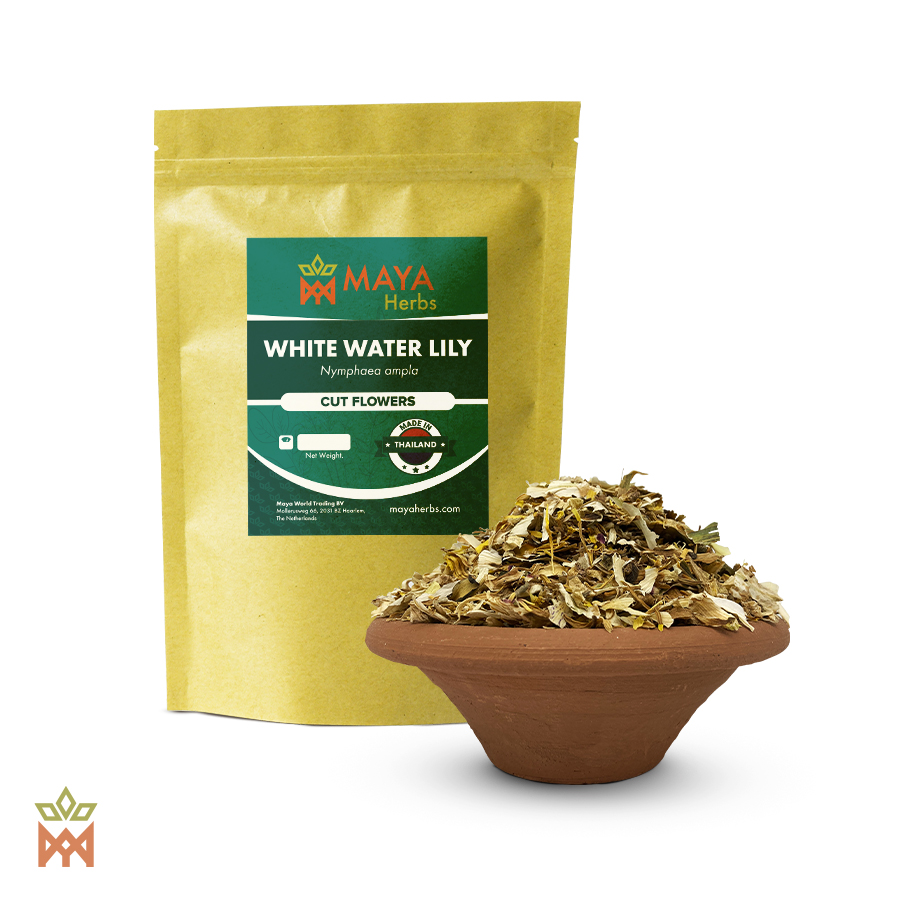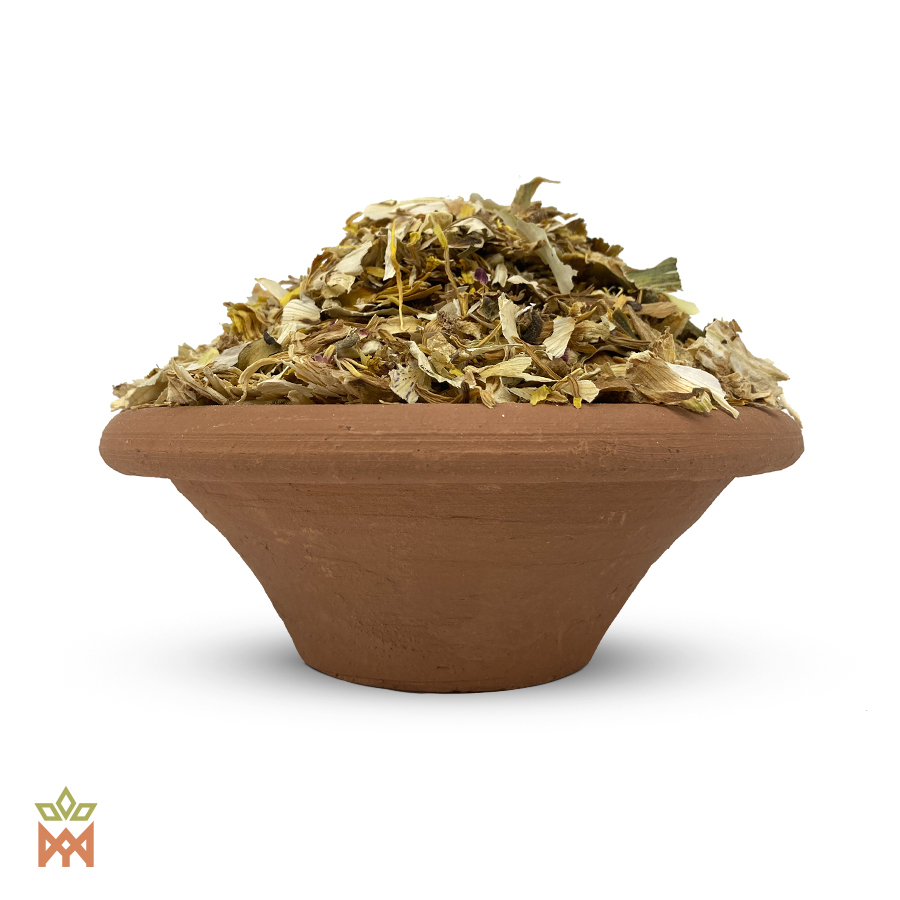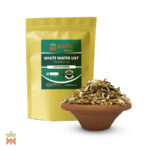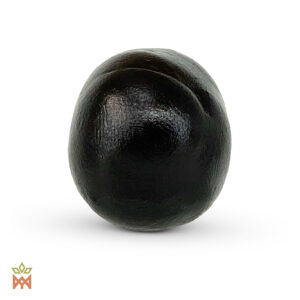Introducing cut White Water Lily (Nymphaea Ampla) Flowers from Thailand.
White Water Lily, scientifically known as Nymphaea odorata, is a charming aquatic plant renowned for its delicate blooms and serene presence in freshwater habitats. Here is an overview of its botanical information:
Taxonomy
Kingdom: Plantae
Family: Nymphaeaceae
Genus: Nymphaea
Species: Nymphaea odorata
Common Name: White Water Lily
Morphology
White Water Lily is a perennial herbaceous plant with rhizomatous roots that anchor it in the muddy substrate of lakes, ponds, and slow-moving rivers.
The plant features large, round leaves with prominent veins that float on the water’s surface. These leaves can measure up to 30 centimeters in diameter and provide shade and protection for aquatic organisms.
The flowers of White Water Lily are the plant’s most distinctive feature. They emerge on long stalks (peduncles) from the water and showcase large, fragrant, white petals arranged in multiple layers. Each flower typically has numerous stamens and a central stigma.
Reproductive Biology
White Water Lily flowers are protogynous, meaning the female reproductive organs mature before the male organs. This temporal separation helps to reduce self-pollination and promotes outcrossing.
Pollination in White Water Lily flowers occurs primarily through insects, particularly beetles and bees, which are attracted to the flowers’ sweet fragrance and abundant pollen.
After pollination, the flower’s petals gradually close, protecting the developing seeds. Once fertilized, the ovary swells and matures into a fruit-like structure known as a “berry.”
Ecological Significance
White Water Lily plays a vital role in freshwater ecosystems, providing habitat and food for various aquatic organisms. The floating leaves offer refuge for small fish, frogs, and invertebrates, while the flowers attract pollinators and beneficial insects.
The dense mats of White Water Lily leaves also help to regulate water temperature and reduce nutrient levels in aquatic environments, promoting water clarity and supporting a healthy ecosystem.
Additionally, White Water Lily serves as a bioindicator of water quality, as it is sensitive to changes in pollution levels, water depth, and nutrient availability.
Cultural and Symbolic Significance
White Water Lily holds cultural significance in many societies and has been featured in art, literature, and religious symbolism for centuries. In some cultures, it symbolizes purity, enlightenment, and spiritual awakening.
The White Water Lily is also associated with various myths and legends, often representing beauty, resilience, and the cyclical nature of life.
In summary, White Water Lily (Nymphaea odorata) is a captivating aquatic plant celebrated for its elegant blooms, ecological importance, and cultural significance. Its graceful presence in freshwater habitats enriches the environment and inspires admiration from observers worldwide.










Reviews
There are no reviews yet.